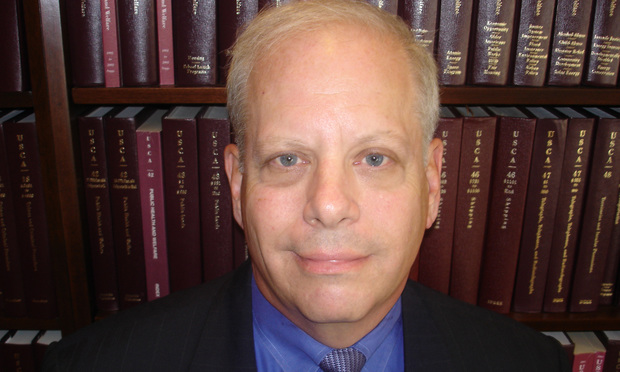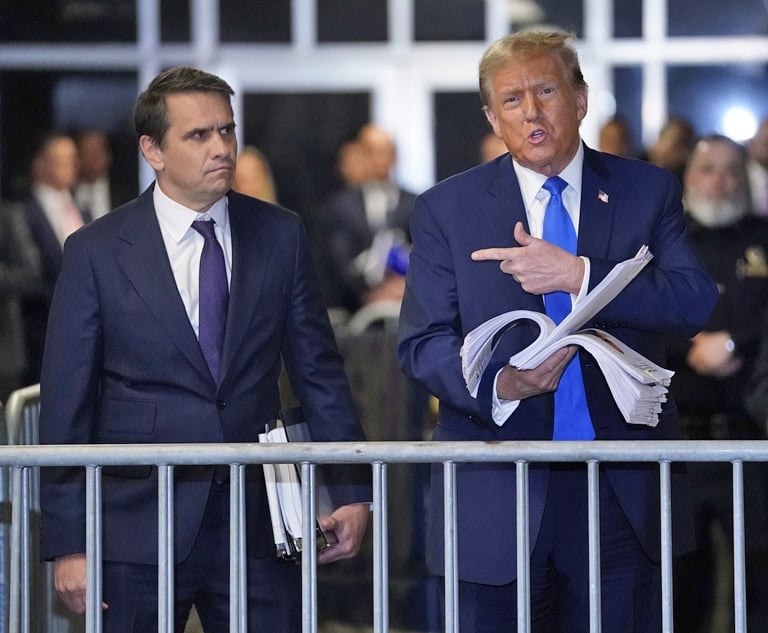Everyone knows, whether from Law and Order or from popular culture in general, that words spoken to an attorney by a client are forever privileged, sacrosanct and private. As is true with many well-known facts, the true contours of the actual fact may not closely conform to the cliché. Often, widely held beliefs are simply urban legend.
The CPLR deals with attorney-client privilege in §4503:
an attorney or his or her employee, or any person who obtains without the knowledge of the client evidence of a confidential communication made between the attorney or his or her employee and the client in the course of professional employment, shall not disclose, or be allowed to disclose such communication, nor shall the client be compelled to disclose such communication, in any action, disciplinary trial or hearing, or administrative action, proceeding or hearing conducted by or on behalf of any state, municipal or local governmental agency or by the legislature or any committee or body thereof. Evidence of any such communication obtained by any such person, and evidence resulting therefrom, shall not be disclosed by any state, municipal or local governmental agency or by the legislature or any committee or body thereof. The relationship of an attorney and client shall exist between a professional service corporation organized under article fifteen of the business corporation law to practice as an attorney and counselor-at-law and the clients to whom it renders legal services.


 Andrew Lavoott Bluestone
Andrew Lavoott Bluestone




